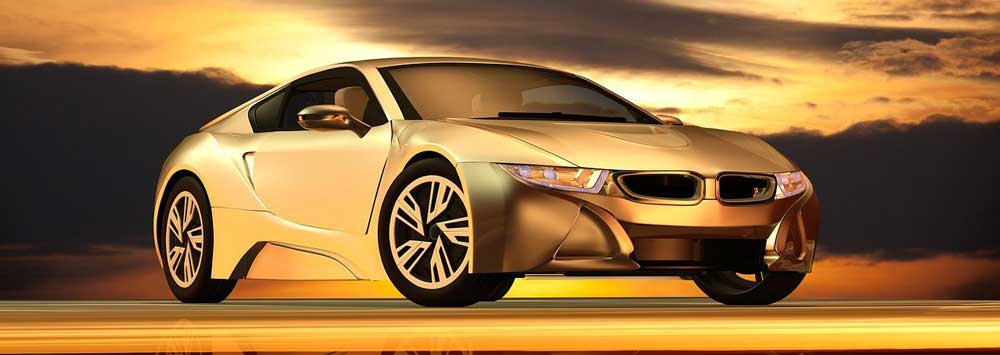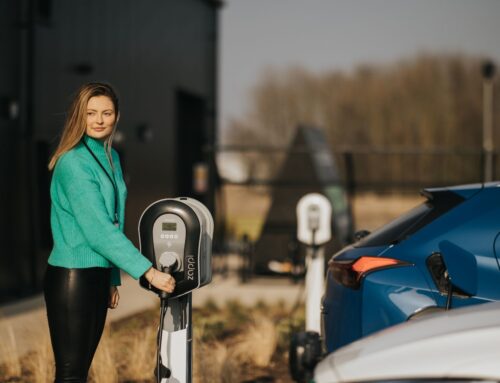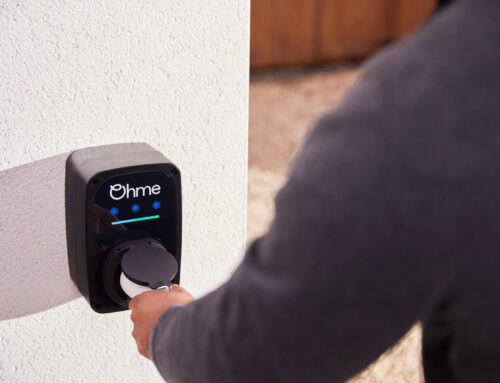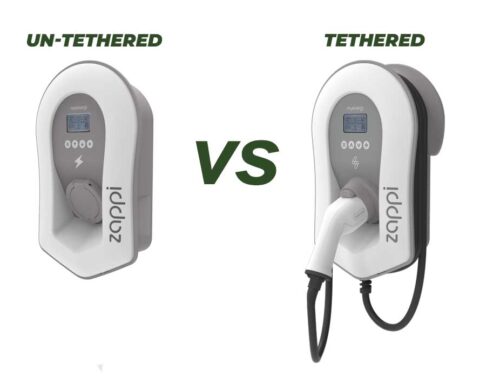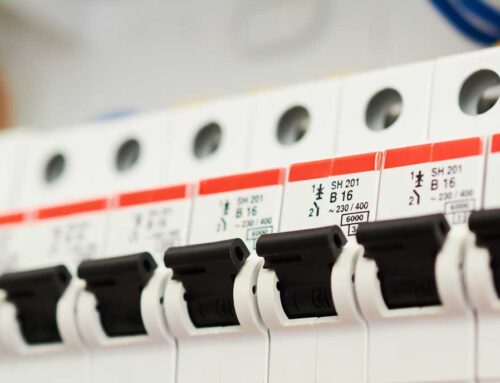Wall chargers for electric cars – When you first think about electric cars, it seems obvious how they work. It’s simply a regular car with the engine removed and an electric motor put in its place – right?
Well, not exactly! Modern electric cars and electric car charging points for business are a reasonably new invention, although the technology behind them has been in development for quite some time. The modern refinements and additions mean that many people don’t fully understand how they really work.
How do electric cars work? Read on to gain some insight into the world of electric vehicles, including wall chargers for electric cars, and find out just how electric cars really work.
Electric Cars: How Do They Work?
Electric cars run on electricity that is stored in a battery when it’s not being used to power the car. The battery is charged by plugging it in with an EV wall charger; when plugged in, wall chargers for electric cars deliver power to the battery, extending the range the vehicle can travel.
Wall chargers for electric cars aren’t the only way to charge electric vehicles. You’ve probably seen charging points in supermarket car parks, for example. These work in the same way, delivering power to the battery, but some are capable of charging your vehicle at different speeds.
It can take up to 10 hours or more to fully charge, depending on the make and model of your car (some models only need 4-6 hours). Once fully charged, most electric vehicles will travel about 100 miles before requiring another charge. Charging
How do electric cars work in simple terms?
While the exact technology in use will vary between cars, it really can be as simple as an electric motor driving the wheels around using power from a battery. There may be a single motor or multiple motors, and there may be a single battery or several, but the net result is the same – the stored electricity is used to power the motor.
However, different types of electric vehicles and different types charges for electric cars can approach this in different ways. A car the runs purely on electricity uses the battery for everything. Other vehicles, often referred to as hybrids, will have an engine that runs on petrol or diesel in addition to the battery and electric motor.
These vehicles will use different propulsion methods to supplement each other, perhaps using the battery to drive at low speeds with the petrol engine kicking in at higher speeds. Again, it varies between vehicles, but to get the most out of any electric vehicle, you need to ensure that the battery is charged regularly.
Now we understand a little about how electric cars work, let’s take a look at some common questions regarding the specifics of electric cars and batteries.
Do electric cars charge while driving?
This question is a little misleading as charging usually occurs while the vehicle is not being used. Wall chargers for electric cars are static and cannot be moved – however, some electric cars can use regenerative braking to top-up the battery while in motion and extend their range.
What’s regenerative braking? Regenerative braking is where the motor becomes a generator which enables the kinetic energy of motion to be quickly and efficiently transferred into electricity and stored in the battery.
Think of it like this – when you accelerate, the motor works in a forward direction, drawing power from the battery and propelling the car in the desired direction. When you brake, the motor operates in the opposite way, taking the kinetic energy generated by braking and passing it back to the battery.
In reality, it’s a little more complex than that, but the result is that the battery lasts longer.
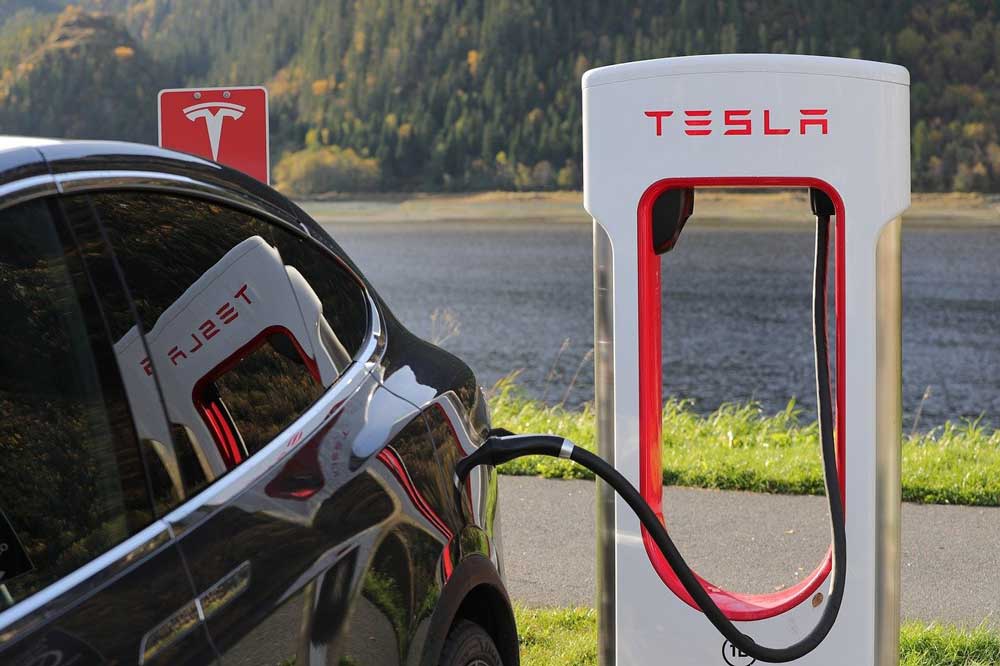
Electric Car Charger Ireland, Suite 1, Rear Unit 7, Church Place, Glenageary, Co. Dublin, A96 A9Y0, Phone: +353 1 515 93 36, DRIVING DIRECTIONS Website: www.electriccarcharger.ie
What are the disadvantages of electric cars?
However, powering a vehicle with electricity can come at the cost of range and speed when compared to petrol or diesel vehicles. This isn’t an issue for many people, but it’s something you need to consider if you plan on using your EV every day throughout the year.
Petrol and diesel vehicles can often travel greater distances between refills – so is there enough infrastructure to support wall chargers for electric cars?
Supermarket car parks and service stations already have charging points, but there are several advantages with wall chargers for electric cars. You can charge your vehicle at home overnight (or whenever needed) and be ready to go at a moment’s notice.
How long does it take to charge an electric car with wall chargers for electric cars?
Different vehicles and different wall chargers for electric cars can take different amounts of time to charge. It all depends on the amount of power being delivered and the capacity of the battery.
Typically, it will take 8 to 10 hours for wall chargers for electric cars to fully charge your battery. Some public charging stations can charge your battery in 30 minutes, but they can be comparatively expensive and are far less convenient than wall chargers for electric cars at home.
You can simply plug your wall charger into your vehicle and carry on with your day as usual.
Wall chargers for electric cars – Do electric cars have two batteries?
Quite often, yes! One battery is used as described above for powering the motion of the vehicle. A second battery is used as you might see in a vehicle powered by fossil fuels – powering the radio, the clock, and so on.
There are not usually two battery units used for propulsion, but there may be multiple cells within a single battery. Batteries often have spare capacity to account for degradation over time.
How long do electric cars last using wall chargers for electric cars?
Typically, electric cars will last a long time. Most electric car batteries will last between 10 and 20 years, while the vehicles themselves can have a longer life than comparable petrol or diesel vehicles.
Compared to a combustion engine, there are many fewer moving parts in a fully electric vehicle, and therefore less chance of it wearing out. In a hybrid, the combustion engine is used to a lesser degree than a non-electric vehicle, again extending the lifespan as there is less wear and tear on the vehicle.
EV Chargers For Apartments – There are several ways to tackle the challenge of EV chargers for apartments with Electric Car Charger Ireland. Read our latest blog post to find out more.

